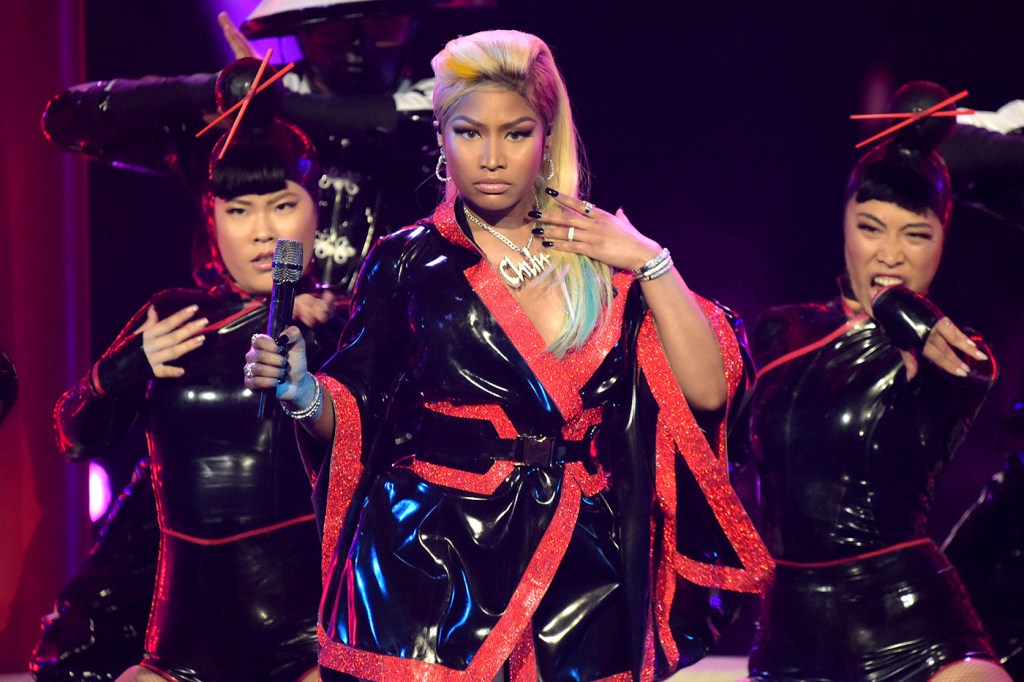Cardi B isn’t the only one who has beef with Nicki Minaj; Tracy Chapman is suing her for copyright infringement.

There’s a song that didn’t make it onto Nicki Minaj’s newest album, Queen. It’s called “Sorry,” and it leans heavily on Tracy Chapman’s 1988 ballad “Baby Can I Hold You”—so heavily, in fact, that Chapman has sued Minaj for copyright infringement.
“She totally has a case,” David Herlihy, a copyright lawyer and music industry teaching professor at Northeastern, said of Chapman.
Though it wasn’t officially released, Minaj gave a copy of the song to a DJ who played it on the radio and posted it to his website. He’s since taken it down, but leaks circulated online nonetheless.
In “Sorry,” Minaj sings entire verses and the chorus of “Baby Can I Hold You.” The melody of the 1988 song also provides a foundation upon which the rest of Minaj’s song is built. This sort of incorporation of one song into an entirely new song is called “interpolation,” Herlihy said.
For an example of interpolation, listen to Aloe Blacc’s song “The Man,” which incorporates the lyrics and melody of Elton John’s “Your Song.”
“Interpolation has everything to do with melody and lyrics,” Herlihy said.
And while Minaj could legally do a cover of Chapman’s song without Chapman’s permission, she can’t interpolate it without express permission, Herlihy said.
“The difference is: With a cover, you have to maintain the melody and character of the original composition,” he said. “With interpolation, you’re re-contextualizing it, you’re changing it. Nicki Minaj made her version of a Tracy Chapman song.”
Another legal hallmark of interpolation is that the owner of the original song has to authorize a derivative work.
And in this case, Chapman expressly did not.
Minaj and her lawyers repeatedly asked Chapman to clear the use of “Baby Can I Hold You” after Minaj had already made the song. They were asking for permission in order to release it. Chapman and her managers denied the request over the summer.
The fact that Minaj had already used Chapman’s work without permission to make a song is in itself copyright infringement, Herlihy said.
“But it’s sort of like running a red light at 2 a.m.,” he said. “No one would have known about it if it were never released.”
Minaj then distributed the song to the DJ, though, and he played it on the radio, constituting a public performance. Those acts make it a “pretty direct case,” Herlihy said.





